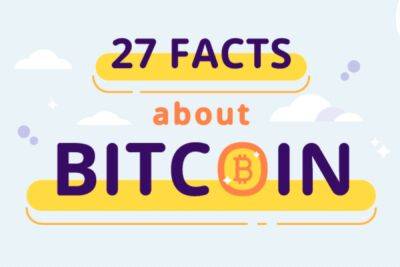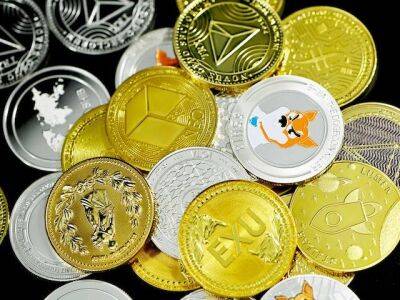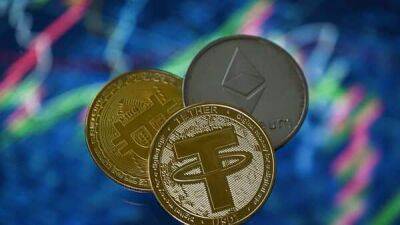The Ukraine invasion shows why we need crypto regulation
Shortly after the Russian invasion of Ukraine began, the Ukrainian government tweeted a request for funds in the form of Bitcoin (BTC), Ether (ETH) and Tether (USDT). The total received now stands at more than $60 million, according to Michael Chobanian, founder of Kyiv-based Kuna Exchange and president of the Blockchain Association of Ukraine, who posts regular updates via his Twitter account.
Unlike support being pledged by governments around the world, these funds were available to the Ukrainian military within minutes — not weeks.
For individuals, cryptocurrencies can provide a potentially life-saving method of escape from crises. A computer programmer from Lviv said he had escaped the fighting thanks to Bitcoin. With cash machines heavily restricted and massive queues at the banks, he was able to transfer all his savings and cross the border to Poland, where he now volunteers to help Ukraine win the digital war by countering online propaganda and encouraging Russians to speak out.
However, the same means to move large sums of money quickly is also available for Russians. With sanctions in the conventional economy biting hard, oligarchs and normal folks alike are looking to find new ways to move money around and avoid the mechanisms aimed at cutting Russia off from global finance flows. And cryptocurrencies are part of that.
Related: The world has synchronized on Russian crypto sanctions
Is that just the nature of the beast? Is crypto inherently values-neutral? Or is there a way to combine the rapid digital mobility of funds under extreme conditions that cryptocurrencies offer with the ability to impose restrictions?
Just asking the question will be poison to a sizable chunk of the crypto community. The whole point of
Read more on cointelegraph.com



















